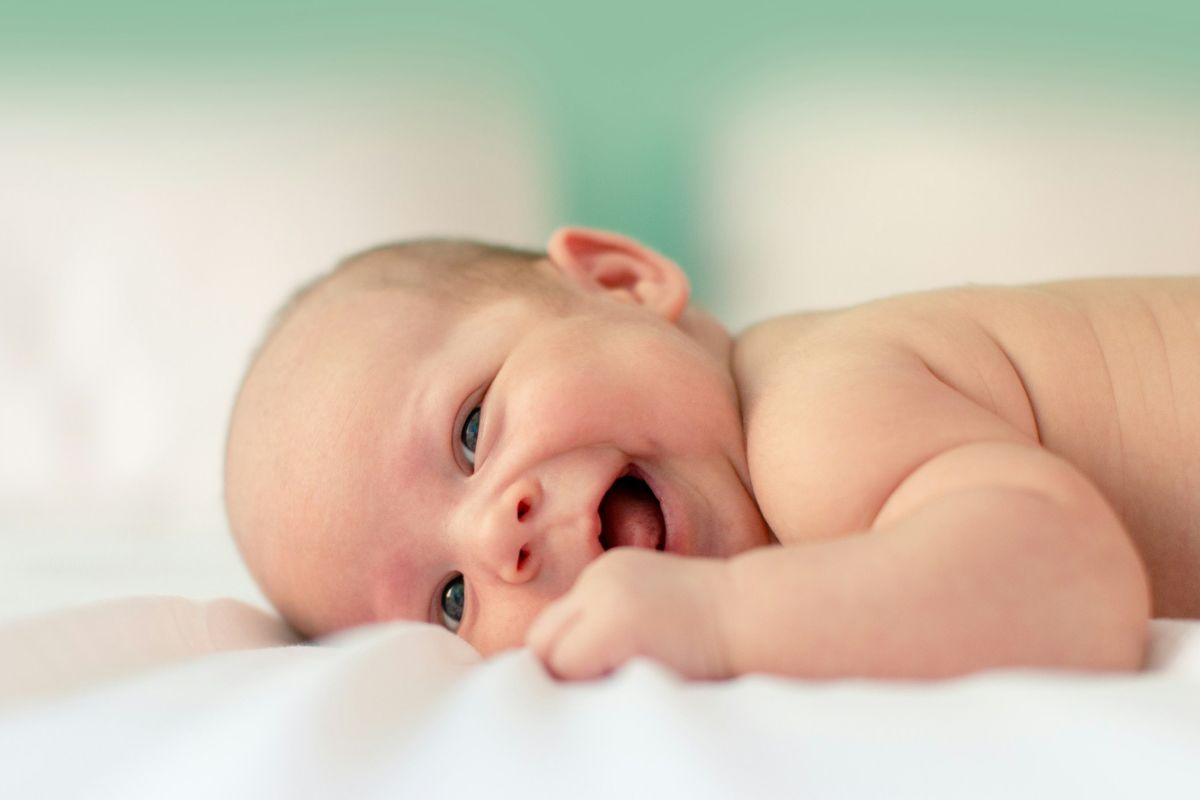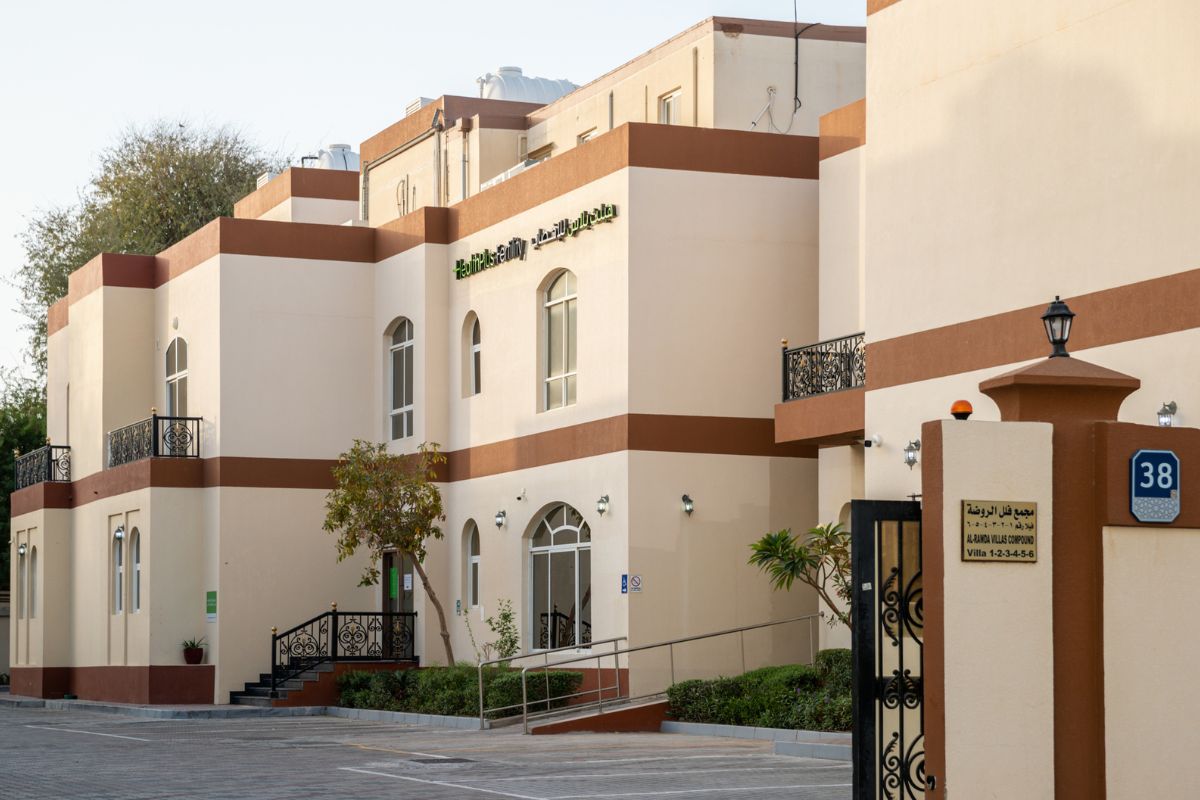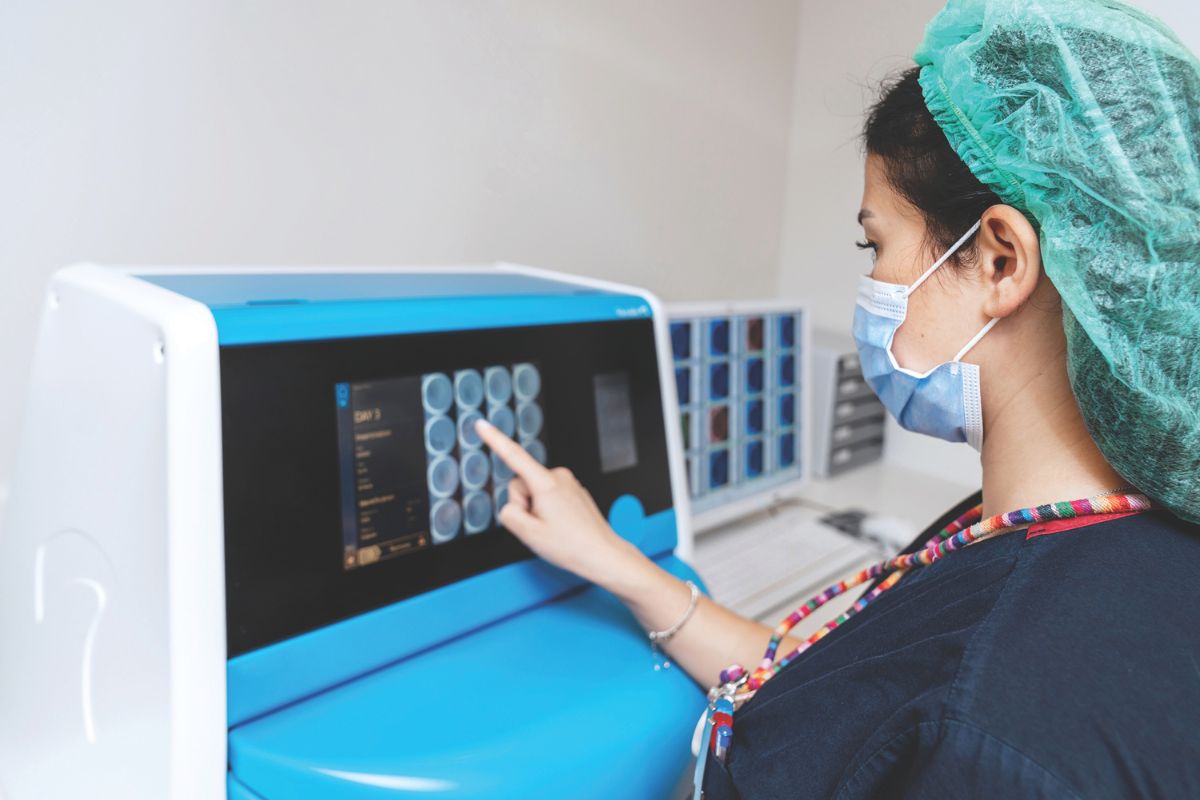Discover cutting-edge fertility preservation techniques available at HealthPlus Fertility Center in the UAE for breast cancer patients
PARTNER CONTENT: As breast cancer continues to be the most prevalent malignancy among women of childbearing age, the emotional toll it takes extends beyond the immediate battle.
For many women, the potential impact on fertility adds another layer of concern. However, with significant advancements in reproductive medicine, particularly in the UAE, hope is on the horizon.
Dr Wael Ismail Madkour, a leading Consultant in Reproductive Endocrinology & Infertility at HealthPlus Fertility Center, sheds light on the latest fertility preservation options, including the pioneering technique of ovarian tissue cryopreservation.
“With the evolution of fertility treatments, we can now offer women a chance to preserve the same even amid the toughest of diagnoses,” he shares. Over the past few decades, fertility preservation for cancer patients has made remarkable strides.
While the initial focus was on freezing eggs and embryos, the landscape has evolved significantly since to now include the likes of Ovarian Tissue Cryopreservation.
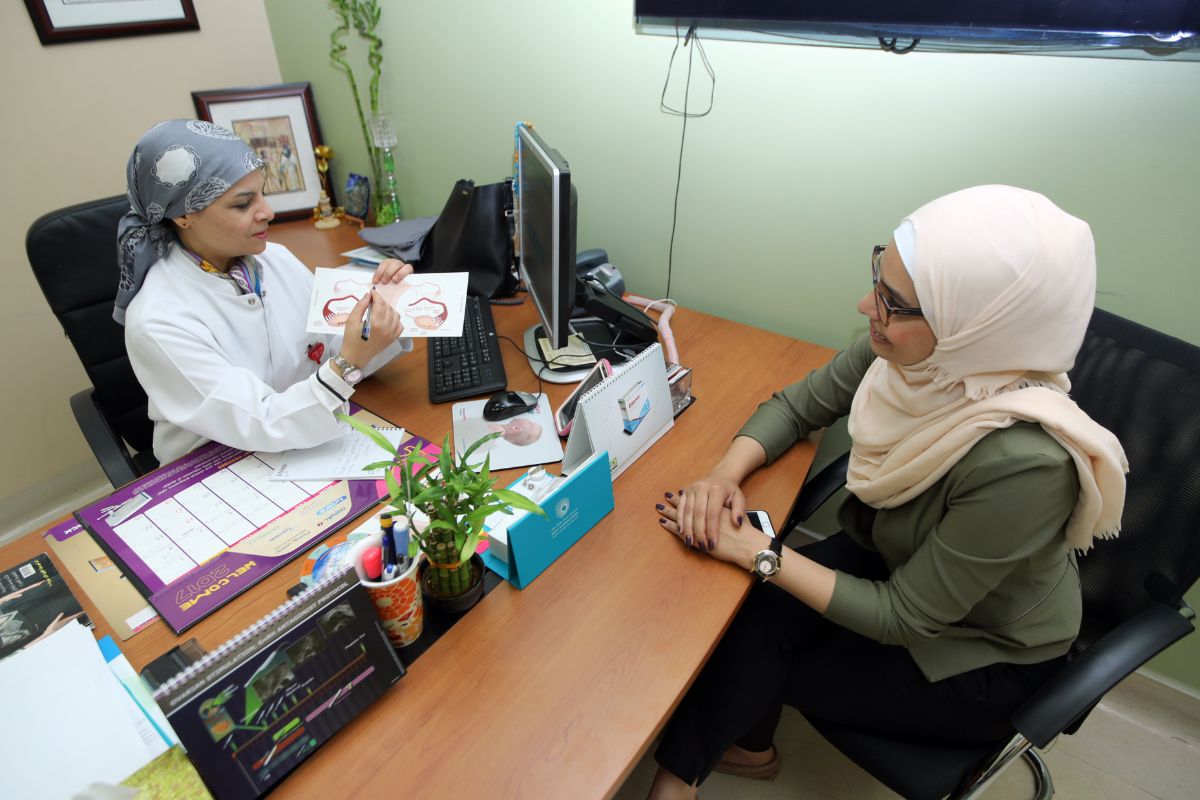
“Initially, it (cryopreservation trials) was in response to diagnosing haematological malignancies, but as breast cancer became more common in women of childbearing age, the need for broader fertility preservation options became evident,” the doctor explains.
With increased awareness and early detection, more women are exploring these advanced options to safeguard their future fertility. Understanding Overian Tissue Cryopreservation Unlike traditional methods that focus on freezing eggs or embryos, this technique involves harvesting and freezing ovarian tissue for future use.
Post-treatment, the tissue is then transplanted back to make pregnancy possible. “We’ve recently managed to perform the first successful ovarian tissue cryopreservation for a local woman diagnosed with large B-cell lymphoma,” Dr Wael shares of the landmark moment.
What makes this procedure significant is that it offers hope not only for cancer patients but also for those with benign disorders that could impact ovarian function, such as systemic lupus or genetic conditions like Turner syndrome.
Eligibility for either cryopreservation or any other fertility preservation treatments, however, is not a one shoe fits all game. Several factors including age, ovarian reserve, and the urgency of cancer treatment are taken into consideration. “Guidelines suggest that women under the age of 36 with an antral follicle count of at least five could benefit from these procedures,” Dr Wael notes.
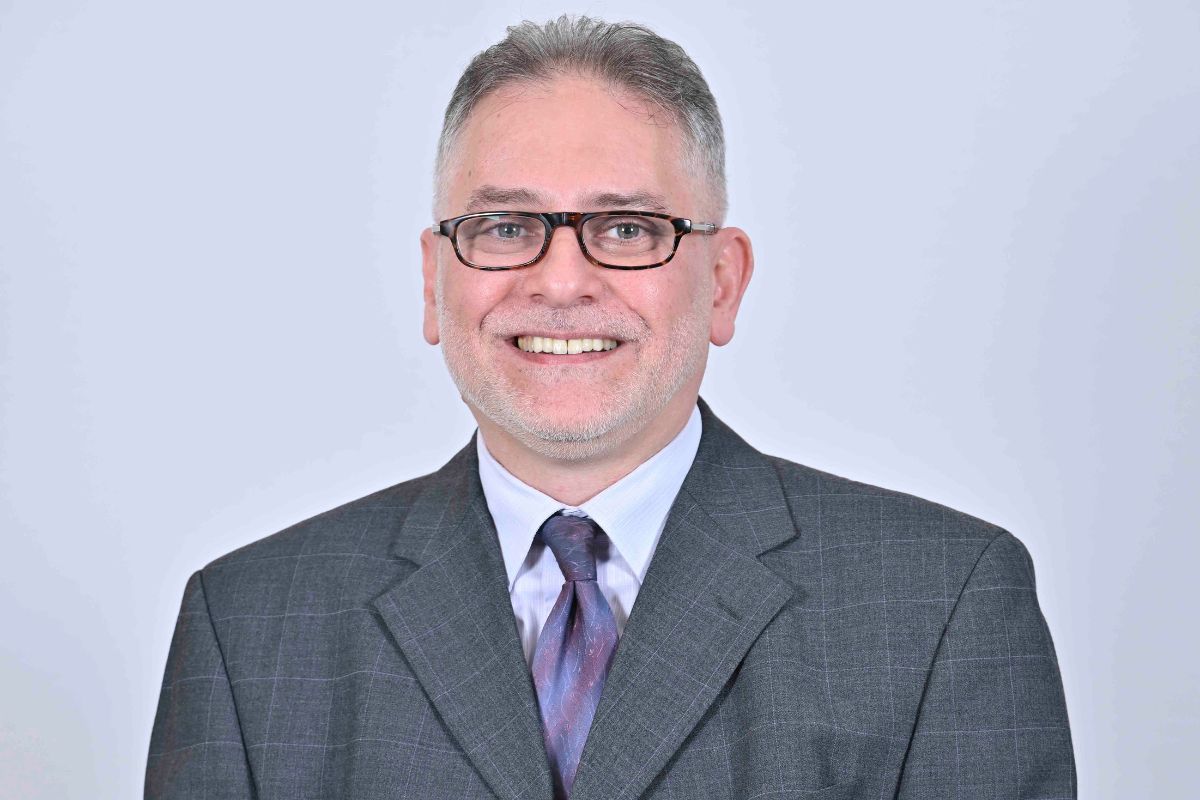
However, he adds that every case is unique, and even women who fall outside these criteria might still be considered based on individual circumstances. “There’s always a case where you want to try, even if her condition is against the odds,” he adds. When it comes to fertility preservation, time is often a critical factor.
“If we have the time and the setting, we encourage women to freeze embryos, as they are the most resilient, with a survival rate of around 95 per cent,” Dr Wael advises. For women who do not have a partner, egg freezing is a viable alternative, with survival rates ranging from 80 per cent to 90 per cent.
However, there is also the cultural aspect to take into account while exploring and offering different options. Additionally, while ovarian tissue cryopreservation offers a groundbreaking option, it is still considered less effective compared to traditional methods due to its novelty and the complexities involved.
“Embryo freezing remains the gold standard, but ovarian tissue cryopreservation is a valuable option, especially for those with limited time or unique medical circumstances,” Dr Wael explains.
On the plus side, preliminary results for cryopreservation have not shown any long-term side effects. That of course could also be attributed to the technique itself being in a nascent stage pending further research, but still stands strong as a hopeful option for breast cancer patients
A brighter future
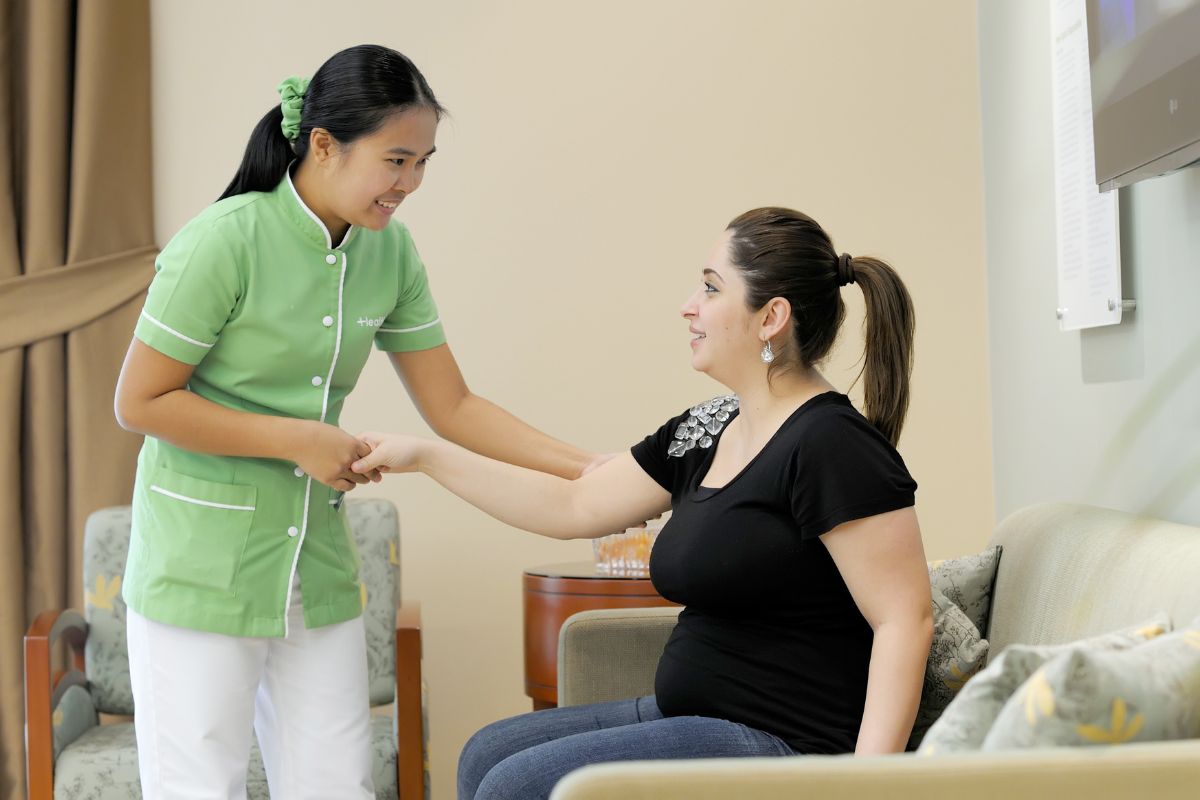
Looking ahead, the field of fertility preservation is set to evolve even further. Research is currently focused on minimising the impact of chemotherapy on ovarian function and enhancing the success rates of current preservation techniques.
“There is ongoing research into biological materials and antioxidants that could protect ovarian function during chemotherapy,” Dr Wael reveals.
Additionally, advancements in stem cell therapy, in vitro gametogenesis, and the development of artificial ovaries are on the horizon. With the continuous advancements in fertility preservation, women facing breast cancer in the UAE can find solace in knowing that their future, and the possibility of motherhood, is still within reach.
For more information, visit hplus.ae
Follow Yalla for more Abu Dhabi healthcare

